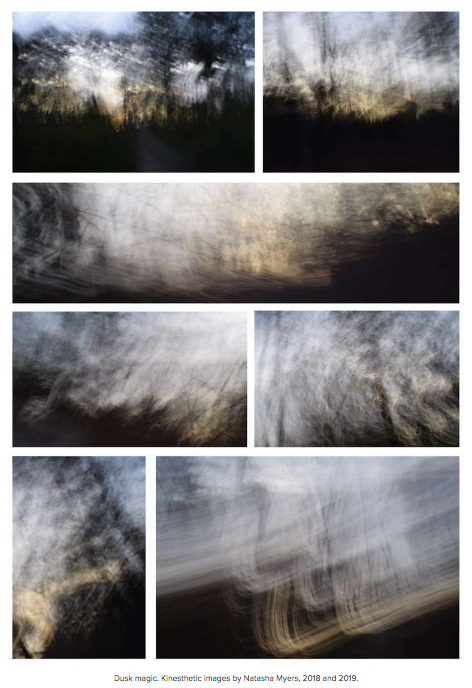The last panel of Day 2, loop 3 is about to go live! Stay tuned for more info about the day 3 program!
#Distribute2020
#Distribute2020
https://twitter.com/culanth/status/1258654869520596992
Starting us off for this panel this first presenter situates us into their family history before moving us to how radio stations were situated in the landscape before they became less prominent. 



What was the first Kurdish sound? This presenter moves into a genealogy of music by Kurdish communities.
Thus, radio brought some opportunity for these communities to record themselves.
Thus, radio brought some opportunity for these communities to record themselves.
An image of a family gathered around a radio.
This presenter states that the radio had a role in community sustainability -- even as they met opposition.
This presenter states that the radio had a role in community sustainability -- even as they met opposition.

With the increasing number of migrants, the presentation shifts to highlight radio stations in various countries and Kurdish media.
Now we move from radios to podcast!
You can check it out here:
thekurdishedition.com
Now we move from radios to podcast!
You can check it out here:
thekurdishedition.com
Now we shift to the next presentation that focuses on prisons as a site.
This presenter argues that PKK's education here created conditions for political literacy.
This presenter argues that PKK's education here created conditions for political literacy.
From podcasts to prisons to this presentation on Kurdish publishing, we move to talking about the possibilities of publishing and Kurdish knowledge in academia.
Stating the existing weaknesses in publishing this presentation moves from this central opening: What does it look like for people to publish about themselves from their perspectives? What possibilities does that render?
Situating us into the University of Rojava this next presentation takes us into the administrative relations between the university and students.
[Moving to the Q&A]
On the asymmetries, distribution, and accessibility of knowledge our moderator ask: Who gets to make the frames for anthropological knowledge?
To expand into this question the moderator asks how sound, a thematic they noticed in all the panels, opens up various modalities for anthropological knowledge.
#Distribute2020
#Distribute2020
Panelist Sardar orienting us to how in their presentation the possibility for recording is about the politics of sound and distribution.
Panelist Bernardo placing us to think about the sounds of machines printing, recognizing those sounds, and relating to these sounds and the scapes around them.
This, for this panelist, evokes a sensibility.
And panelist Amshuman takes this sensibility up to discuss how sound can go beyond the written word as sounds (or silences) have and carry different meanings.
#Distribute2020
And panelist Amshuman takes this sensibility up to discuss how sound can go beyond the written word as sounds (or silences) have and carry different meanings.
#Distribute2020
Another Q:
What happens if we dispense with this paradigms we use all the time? Can we do without the global south and global north frame?
What happens if we dispense with this paradigms we use all the time? Can we do without the global south and global north frame?
• • •
Missing some Tweet in this thread? You can try to
force a refresh








